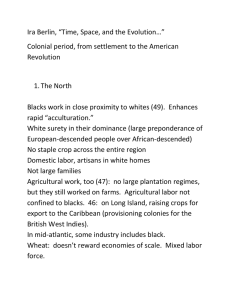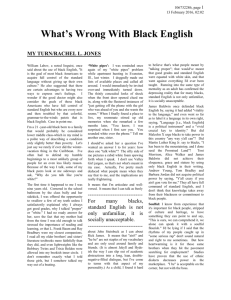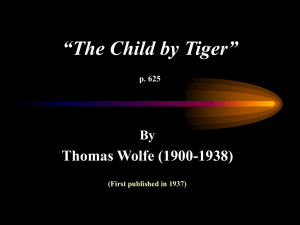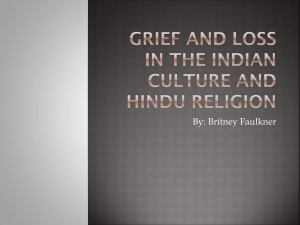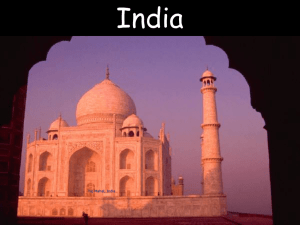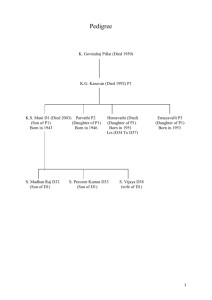dharamdial
advertisement
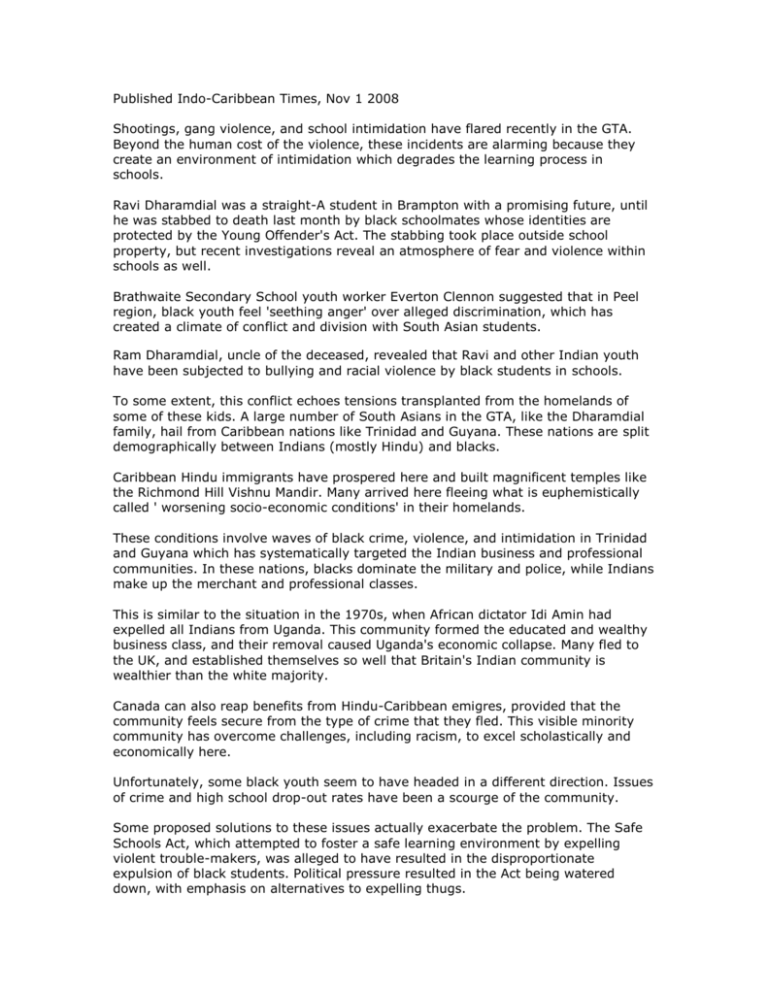
Published Indo-Caribbean Times, Nov 1 2008 Shootings, gang violence, and school intimidation have flared recently in the GTA. Beyond the human cost of the violence, these incidents are alarming because they create an environment of intimidation which degrades the learning process in schools. Ravi Dharamdial was a straight-A student in Brampton with a promising future, until he was stabbed to death last month by black schoolmates whose identities are protected by the Young Offender's Act. The stabbing took place outside school property, but recent investigations reveal an atmosphere of fear and violence within schools as well. Brathwaite Secondary School youth worker Everton Clennon suggested that in Peel region, black youth feel 'seething anger' over alleged discrimination, which has created a climate of conflict and division with South Asian students. Ram Dharamdial, uncle of the deceased, revealed that Ravi and other Indian youth have been subjected to bullying and racial violence by black students in schools. To some extent, this conflict echoes tensions transplanted from the homelands of some of these kids. A large number of South Asians in the GTA, like the Dharamdial family, hail from Caribbean nations like Trinidad and Guyana. These nations are split demographically between Indians (mostly Hindu) and blacks. Caribbean Hindu immigrants have prospered here and built magnificent temples like the Richmond Hill Vishnu Mandir. Many arrived here fleeing what is euphemistically called ' worsening socio-economic conditions' in their homelands. These conditions involve waves of black crime, violence, and intimidation in Trinidad and Guyana which has systematically targeted the Indian business and professional communities. In these nations, blacks dominate the military and police, while Indians make up the merchant and professional classes. This is similar to the situation in the 1970s, when African dictator Idi Amin had expelled all Indians from Uganda. This community formed the educated and wealthy business class, and their removal caused Uganda's economic collapse. Many fled to the UK, and established themselves so well that Britain's Indian community is wealthier than the white majority. Canada can also reap benefits from Hindu-Caribbean emigres, provided that the community feels secure from the type of crime that they fled. This visible minority community has overcome challenges, including racism, to excel scholastically and economically here. Unfortunately, some black youth seem to have headed in a different direction. Issues of crime and high school drop-out rates have been a scourge of the community. Some proposed solutions to these issues actually exacerbate the problem. The Safe Schools Act, which attempted to foster a safe learning environment by expelling violent trouble-makers, was alleged to have resulted in the disproportionate expulsion of black students. Political pressure resulted in the Act being watered down, with emphasis on alternatives to expelling thugs. Faced with low academic performance, political pressure from the black community has also resulted in the creation of 'black-focused classes', with its associated expense to taxpayers. Our educational mandarins need to ponder why Chinese and Hindu students, despite being visible minorities, seem to excel in school, are not adversely affected by the Safe Schools Act, and do well without the benefit of any 'Asian-focused' curriculum. We can only hope that Canadian businesses and universities will not succumb to political correctness by pretending that graduates of these 'black focused classes' are equivalent to mainstream grads. The trouble is that all these proposed solutions are attempts at black selfsegregation, which echo the attitudes that led to the disasters in the Caribbean and elsewhere in the black world. These solutions assume that the same curriculum which everyone follows is inappropriate for black students, so blacks must have their own separate program. The same safe-school laws which create no problems for Asian and white students are a disaster for black students, so the laws must be changed to please them. The soft bigotry of low expectations rears its ugly head. Black students get the toxic message that they cannot follow the same rules or educational coursework under which every other community achieves success. The community will never succeed under such assumptions. Afro-Canadian leaders are serving the community poorly by segregating themselves from others in this manner, just as Afro-Caribbeans damaged their nations by driving out the educated Hindu talent. Do blacks imagine that society won't see the sheer hypocrisy of bleating about alleged 'white racism', when blacks themselves oppress Hindus at every opportunity? This community needs to stop saddling everyone with guilt and address the bigotry and hate within their own dysfunctional society. Only then will they achieve anything close to success. Ron Banerjee is a director with the Canadian Hindu Advocacy
